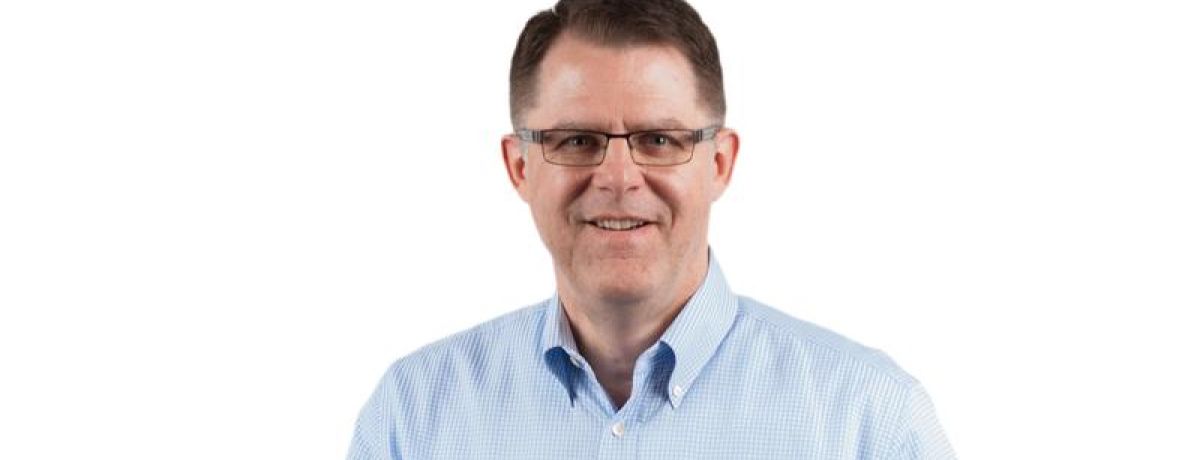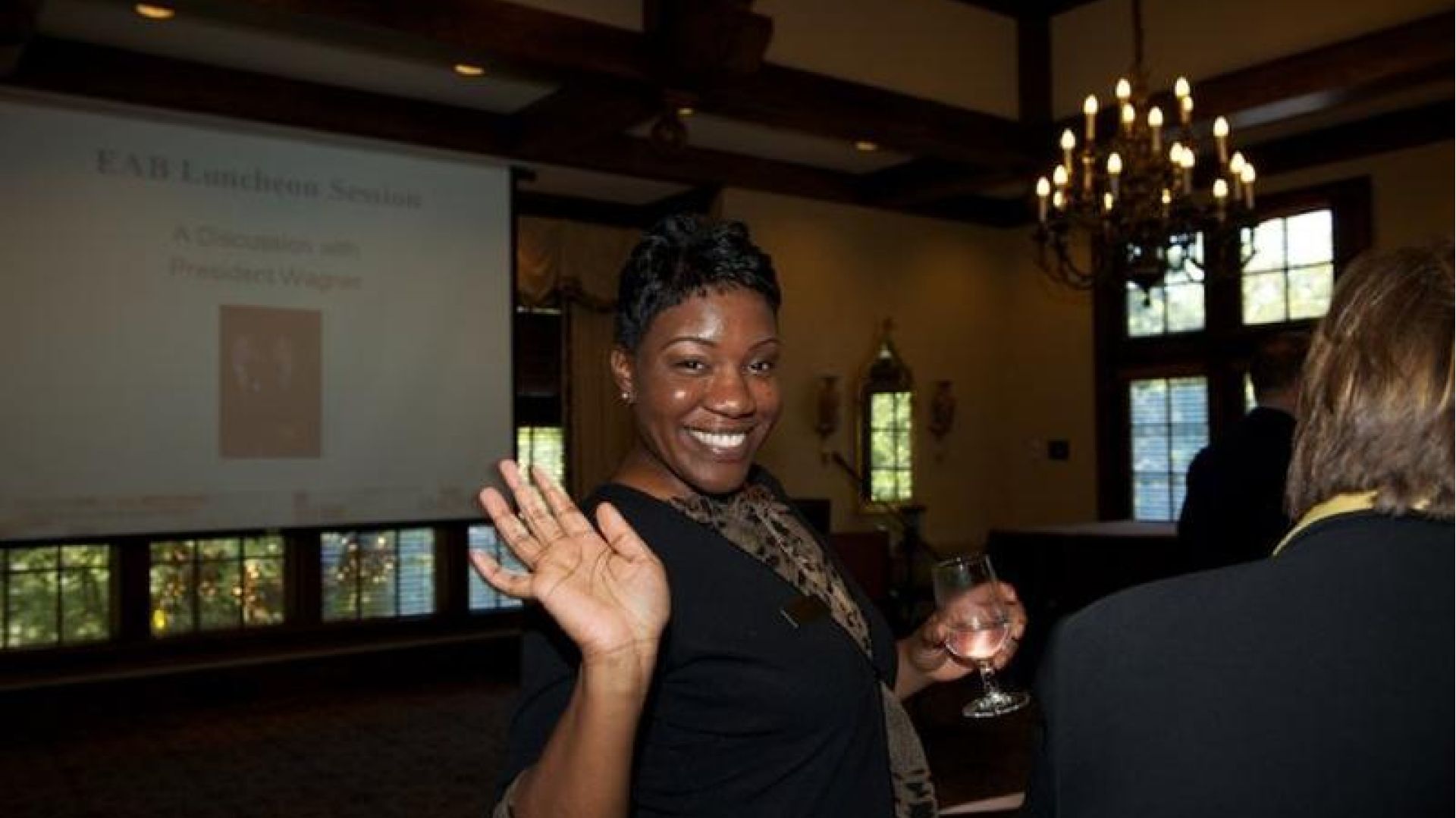
Gary Epp Shares His Prioritization Framework, Working Within Our Giftedness, & What He Learned Traversing His Career Path
This website is geared towards sharing stories and systems to help you live better and work smarter. While you receive an abundance of insights from my published articles, this interview (as part of a new series) gives you the opportunity to hear from people I know and work with. Their insights provide you an alternative perspective for growing yourself, others and your small business.
In this interview, you'll read Gary Epp's answers to my questions. Gary and I met through our mutual friend and client, Craig Haynie owner of CablesAndKits. Gary provides fractional COO support (including serving as a fractional EOS Integrator) for B2B companies with 50-250 team members. He specializes in helping firms align their purpose, people, priorities, processes, and practices to drive greater predictability and higher profits.
So without further ado, let's shift to Gary and read his insights on how he lives better and works smarter.

To you, what does it mean to live better and work smarter? Is this something you strive for? Why? Generally speaking, how do you go about it?
I'm an unreformed productivity zealot; partly because I get lazy and slip into bad habits. As a result, I’m continually testing new ideas for managing my time/tasks. Of greater importance to me is making sure that I’m living and working in the confluence of my talents and passions.
Life is hard enough. When we choose to work outside of our giftedness and passions, life becomes something to endure. However, when we find that sweet spot where our talents and passions merge, then we experience the life equivalent of harmonic resonance where modest inputs can yield oversized outputs.
Further, while I may cultivate my talents and passions their genesis is not of my making. Rather, I see them as gifts from our Heavenly Father. When my life and work uses my talents and passions, I am performing acts of worship pleasing to the Father and reaping significance and satisfaction for all the relationships in my life.
As a leader in your household, and work, what does it look like for you to help others live better and work smarter? What drives you to do this and how do you go about teaching others?
I continually look for opportunities to simplify complex concepts and communicate them in a way that is impactful and memorable. I’m a teacher at heart who happens to serve as a business leader.
In a recent example, I was approached by a colleague with a simple, yet profound, question; namely, how do I decide what action to do next? After some reflection, I shared what has become an enduring and reusable framework for answering this question. We subsequently taught this framework to the entire company and reinforce it with repetition during companywide daily huddles.
It may be outside the scope of this blog and too long to include, but here’s a write up of the referenced framework. We use the following four guideposts to prioritize the investment of our own time and talents. We only progress down the cascade when we have satisfied the current and higher levels. For example, we should not pitch in to help teammates (#3) at the recurring cost of ignoring our own responsibilities (#2).
- Serve Customers: Whenever we have an opportunity to serve a customer, no matter what our role or activities at the moment, we redirect our energies to serve that customer.
- Do Your Job: As part of our assigned role, we are accountable to our teammates for various deliverables. These commitments to the team comprise our second priority. This means whenever we are unable to fulfill those commitments, we must find a delegate who will temporarily perform them.
- Help the Team: Since we are all in this business together, we keep our minds and hearts attuned to the needs of our teammates. When they need help, we willingly and joyfully step into the breach and help; even when it requires personal sacrifice.
- Find a Better Way: When we have fulfilled the previous three obligations, we perpetually seek and test ideas to find a better way (including identifying and capturing opportunities, eliminating waste, solving problems, increasing speed, simplifying tasks and processes, improving quality, etc.)
Whether it's from a friend, a family member, or an acquaintance, what are some or one of the many impactful stories/parables/fables you've heard/seen over the years? How did it resonate with you? How has it affected you over the years?
I distinctly remember my first day as a mechanical engineering graduate from Georgia Tech. I joined an R&D department at then Western Electric. On that first day, Herb Brent, the senior engineer sitting in the desk behind me volunteered some sage advice.
Herb said, “Treat people right, because you never know who you'll be working for some day.”
Wow, was Herb ever right! During the course of 20 years in that business I had some people I worked for, worked with, and, in one case, a dear mentor completed the trifecta and also worked for me before he retired.
I also want to share another impactful story, which changed the course of my life. In 2000 during a time of intense professional challenges, our pastor, Buddy Hoffman, shared a talk whose title was “Take this Job and Love It” (a take-off on the Johnny Paycheck song “Take This Job and Shove It”). Pastor Buddy urged me to think of my job from a missional perspective. He said that as a business person I am no less called to a mission of serving God and others in that setting than was he as a full-time minister of the Gospel.
His challenge that day totally changed my perspective on why I worked. My professional challenges did not change for quite some time thereafter. However, my new "why" made an immediate difference in my outlook toward those challenges and the people surrounding them, and, I’m convinced, made an impact on my eventual return to favor within that organization.
When you think about systems, what does that word mean to you? How do you apply it to your life and work? What systems do you use that are most helpful and worth sharing with the readers here?
In my eyes, systems are an artful blend of targets (any effective system is designed to deliver some predetermined outcome or deliverable), triggers (when is the system used) ,tools (be they digital and/or analog), tactics (a combination of specific techniques for performing a specific task or the sequencing of activities), and time (which represents both the human element and the accumulated knowledge embedded in the process and the people use it).
One of the very simple systems I use involves automobile maintenance. With synthetic oils we comfortably get 5,000 miles between oil changes; so when I switched to synthetic oils years ago I began using the odometer as a trigger to alert me when it was time to change the oil. Yes, the shop where I went put one of those little stickers in my windshield, but some of their mechanics used inconsistently different standards; so I began purposefully ignoring that sticker and just watched my odometer.
As another part of that same system in every city in which I've ever lived, I found a small local automobile shop to handle my maintenance and repairs. That way I could be in a first name basis with the owner/manager, and he would get to know me and my vehicles. I may have actually paid more for certain things over the years, but I drew confidence in the fact that I wasn't paying for vastly more costly unnecessary repairs.
While life is unfair and challenging, there are also contrasting moments and seasons of joy and prosperity. As people traverse through this journey we call life, what parting words of wisdom would you share with readers?
Sometimes adversity arises because of poor choices we have made, and sometimes we experience hurt through no fault of our own. We live in a broken world populated by lots of broken people; so we should neither be dismayed nor distressed when bad things happen.
That reality, combined with the unfortunate proclivity of human beings to behave selfishly, can at times fuel unhealthy and unproductive reactions on our part. We need others in our lives from whom to learn, to share our burdens, and to multiply our joys. We can live on an island, interacting with but not relationally engaged with others, or we can get in a circle with others and do life together. We were not designed by God to experience life alone. He designed us to need Him and others. As Andy Stanley, a local Atlanta pastor is fond of saying "Life is better lived in circles than rows." I urge any reader to find or create personal and professional circles in your life.
Thank you for sharing your insights on how to live better and work smarter. How can people connect with you? Also, what are you up to and how can people work with you?
- I am presently serving B2B organizations of 50-250 team members as a fractional COO or fractional EOS Integrator. Helping them align purpose, people, priorities, processes, and practices to reach the next level of predictability and profitability.
- Folks can reach me by email at
This email address is being protected from spambots. You need JavaScript enabled to view it. or by phone at 404.863.5962. We can also connect via LinkedIn.


